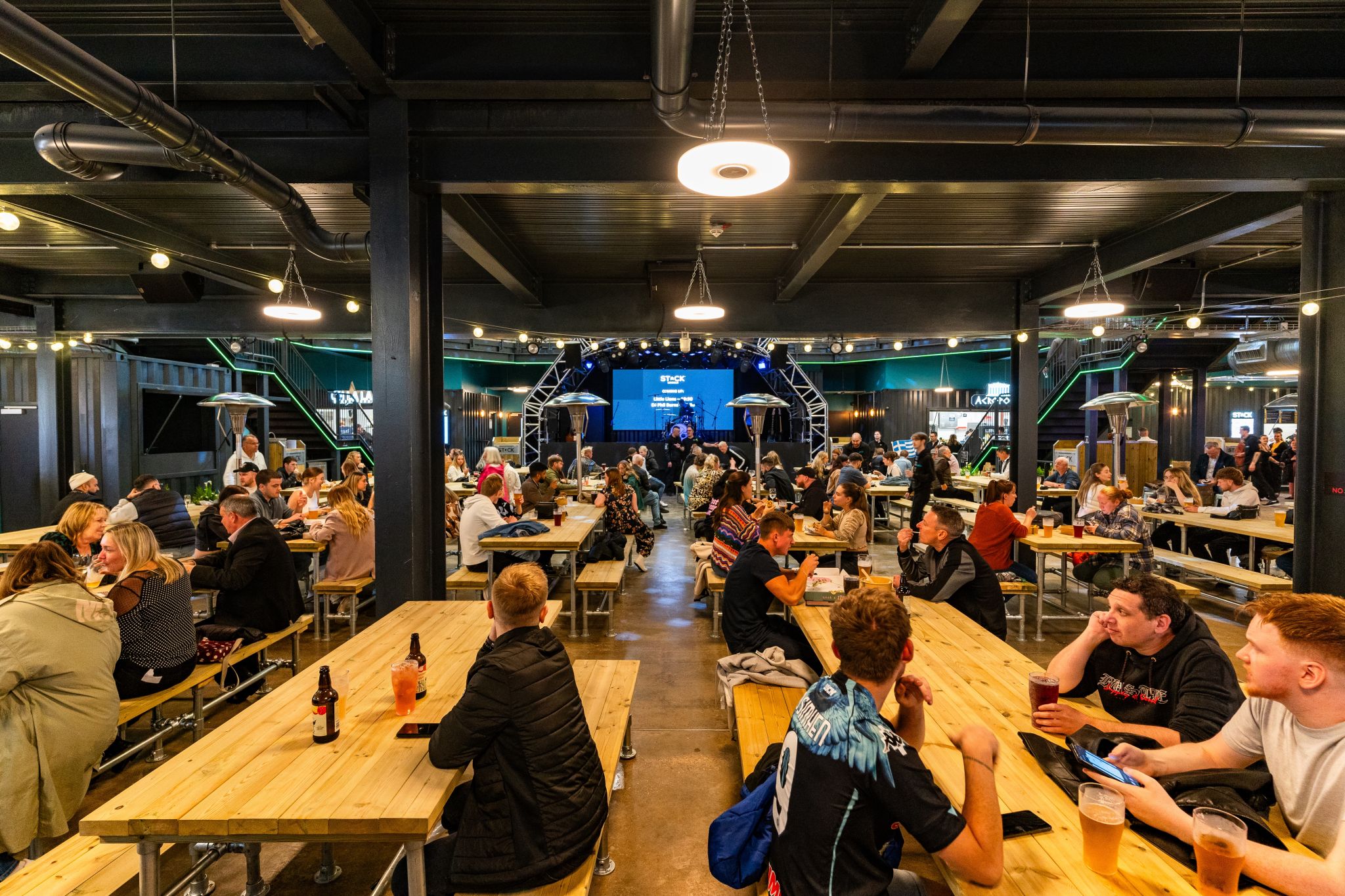It is not acceptable to ignore “Left Behind” towns. We ask will they fare better under a new Labour Government?
Did you know that “left behind towns” is a thing? We suggest you go and see some and get real

Did you know that “left behind towns” is a thing? We suggest you go and see some and get real

The WhatIf Group has been working in collaboration with STACK to help create great places to eat, relax and be